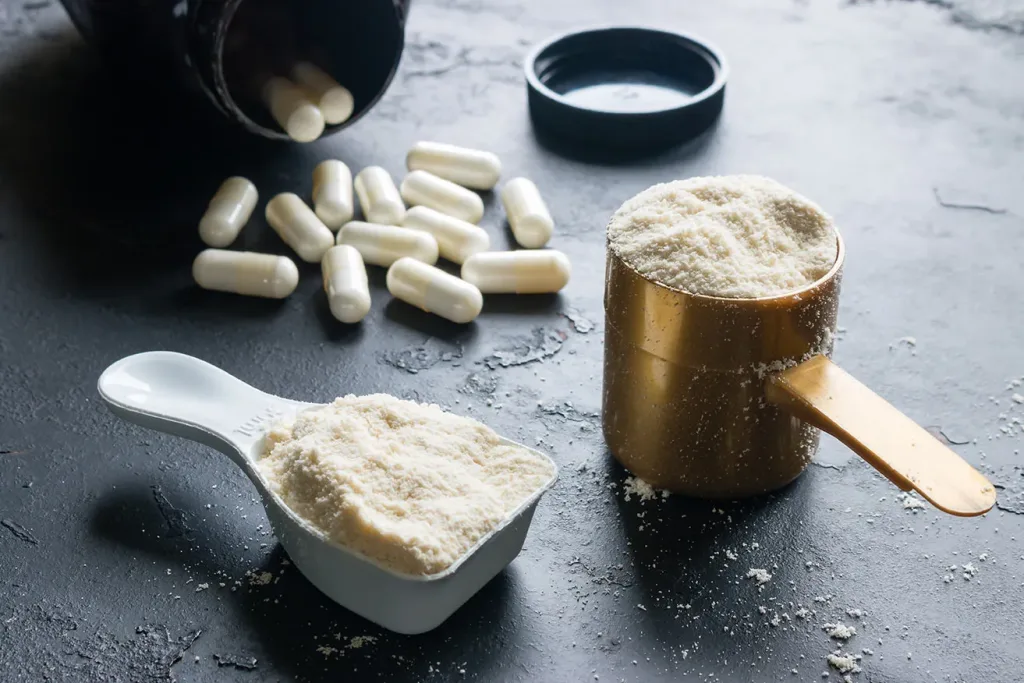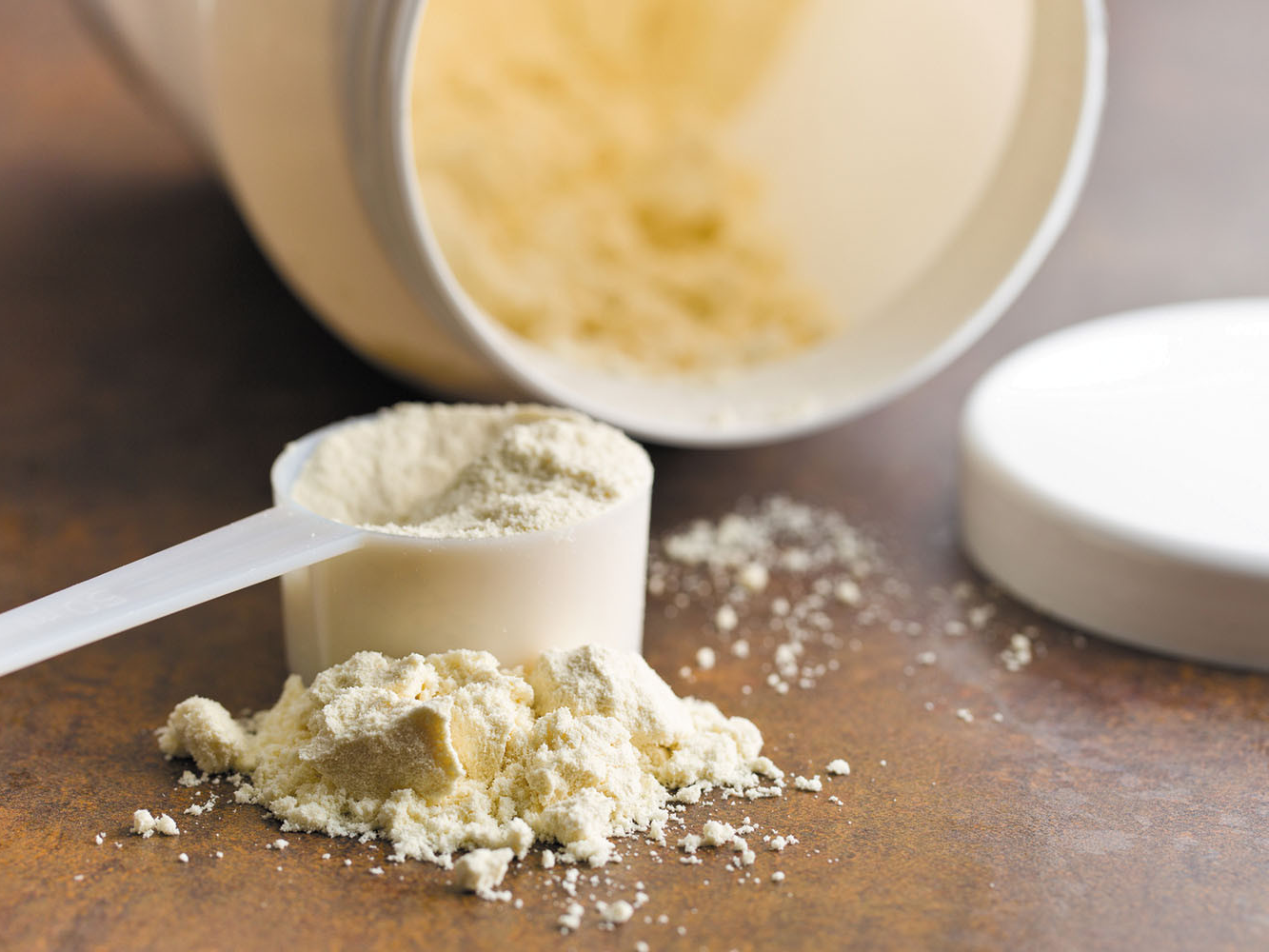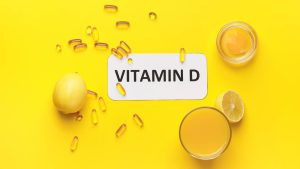As a leading protein supplement manufacturer in the UK, UKsupplementmanufacturer specializes in creating high-quality, effective supplements that cater to a wide range of fitness and health needs. Let’s explore in this article right now.
What is Protein?
Protein is a vital nutrient, that supports cell growth, aids in cell repair, and ensures proper bodily functions. It’s crucial to include an adequate amount of protein in your daily diet, and the required intake varies based on factors like weight, gender, age, and overall health.

Protein is a vital nutrient, that supports cell growth, aids in cell repair, and ensures proper bodily functions
Achieving your protein needs is simple through a diverse range of foods. Both plant and animal sources contribute to your protein intake.
- Meat and fish
- Eggs
- Dairy products
- Seeds and nuts
- Legumes like beans and lentils.
In essence, using these protein-rich foods in your diet promotes overall health and well-being.
Amino Acids: The Building Blocks of Proteins
Proteins are made up of amino acids, which serve as their basic components. There are about 20 different amino acids that combine in various ways to form proteins. These amino acids are key in building new proteins, like muscle and bone, and in producing enzymes and hormones.
Within these amino acids, 11 are considered non-essential as the body can produce them. On the other hand, there are 9 essential amino acids that the body cannot make, necessitating their inclusion in your diet. Ensuring an adequate intake of these essential amino acids is vital for the proper functioning of your body.
Nutritional value of protein
The nutritional value of a protein hinges on the presence of essential amino acids. Various foods contain diverse amounts of these crucial components.
- Animal Products: Chicken, beef, fish, and dairy are “complete”’ proteins, containing all essential amino acids.
- Soy, Quinoa, Amaranth: These also provide a complete set of essential amino acids.
- Plant Proteins: Beans, lentils, nuts, and whole grains often lack one essential amino acid, making them ‘incomplete’ proteins.
- Vegetarian/Vegan Diets: Need diverse plant protein sources for a balanced amino acid mix.
- Dietary Strategy: Combining cereals and legumes (e.g., baked beans on toast) can provide all essential amino acids, similar to meat.
So, Determining Your Protein Requirements
The FDA suggests that adults consume 50 grams of protein daily as part of a 2,000-calorie diet, although individual needs may vary based on calorie intake. The Dietary Guidelines for Americans 2015–2020 recommend different daily protein amounts based on age and sex:
- Children aged 1–3: 13g
- Children aged 4–8: 19g
- Children aged 9–13: 34g
- Female teens (14–18): 46g
- Male teens (14–18): 52g
- Female adults (19+): 46g
- Male adults (19+): 56g
Protein needs are influenced by factors like activity level, weight, height, and pregnancy status. Additionally, the value of protein in foods varies due to the availability and digestibility of amino acids.
Protein Benefits For Health
Consuming sufficient protein is vital for body functions. However, increasing protein intake beyond necessary levels may offer extra health benefits in special cases.

Protein supplements support calorie control and weight loss.
Weight Control
Protein-rich foods increase satiety more than high-fat or carbohydrate foods, supporting in calorie control and weight loss.
Evidence shows that short-term studies suggest high protein diets (1.2 – 1.6 g/kg per day) can reduce calorie intake, although long-term weight maintenance evidence is less clear. A high protein diet’s effectiveness depends on consistent adherence, which can be challenging for some.
Athletic performance
Protein is essential for repairing and strengthening muscles after exercise. However, it should be part of a balanced diet including carbohydrates, fats, vitamins, and minerals. The optimal protein intake varies based on exercise type, duration, and intensity, generally ranging from 1.4–2.0 g per kg body weight per day.
Athletes also should focus on a balanced diet, using supplements when necessary to maintain high protein levels without excessive calorie intake.
Sarcopenia
Sarcopenia, which leads to muscle loss and weaker physical function in older adults, increases the risk of frailty and falls. However, eating more protein and increasing physical activity can help keep muscles strong and reduce the risks of sarcopenia and bone-related issues.
Negative Effects of Absorbing Too Much Protein
The European Food Safety Authority (EFSA) suggests that consuming up to twice the daily recommended amount of protein (1.7 g/kg per day, or 119 g for a 70 kg adult) is safe for most people. However, those with kidney disease should consult a doctor before increasing protein levels.

Side effects of protein supplements to health
Weight Gain
Contrary to popular belief, eating too much protein can lead to weight gain, just like overeating carbohydrates and fats. Protein, when consumed in excess during a calorie surplus, can be converted to body fat. The key to weight maintenance is balancing energy intake with energy expenditure.
Cancer Risks
While protein is vital for health, some protein-rich foods, particularly high amounts of red and processed meats, can increase cancer risk. To reduce risk, the World Cancer Research Fund advises limiting red meat to three portions per week (about 350-500g cooked weight) and minimizing processed meat intake.
Constipation
A study showed that 44 percent of participants on high-protein, low-carbohydrate diets experienced constipation, likely due to low fiber intake. To prevent this, increasing water and fiber consumption and monitoring bowel movements is beneficial.
Diarrhea
Diarrhea can occur from consuming too much dairy or processed food, especially if fiber intake is low and you’re lactose intolerant.
Dehydration
High protein intake can lead to dehydration, as the body uses more fluids to flush out excess nitrogen. Different surveys have shown mixed results regarding protein intake and hydration, but it’s advisable to increase water consumption, particularly for active individuals.
Kidney Damage
While high protein intake hasn’t been linked to kidney damage in healthy people, it can be harmful to those with preexisting kidney conditions due to the extra nitrogen in proteins.
Heart Disease
Diets high in red meat and full-fat dairy, which are often part of high-protein diets, may increase the risk of heart disease due to saturated fats and cholesterol.
Why You Should Choose UKSupplementmanufacturer.com
When selecting a supplement factory protein in the UK, consider UKsupplementmanufacturer.com for your white label and private-label needs, and here’s why:
- Quality Focus: UKsupplementmanufacturer produces supplements in GMP-certified UK facilities, ensuring high-quality control standards and thorough product testing for consistent, superior results.
- Exceptional Customer Service: Committed to simplifying the supplement sourcing process, we cater to small startups and high-volume businesses with comprehensive support in formulation and packaging.
- Diverse Product Range: Offering a wide array of supplements, including vegan options and weight loss aids, with the ability to create custom formulations for unique needs.
- Sustainability Commitment: Using eco-friendly packaging and continuously seeking methods to reduce waste and conserve resources, emphasizing environmental responsibility.
UKsupplementmanufacturer is recognized for its dedication to quality, customer service, product diversity, and sustainability and is ready to help grow your supplement business.
Conclusion
Protein is vital for our body’s growth and maintenance, providing necessary amino acids. So selecting a reputable protein supplement manufacturer becomes crucial, especially when dietary needs are not met through food alone.











One comment on “Protein Supplement Manufacturer In the UK”
Pingback:
Brain Health Supplement Manufacturing For Private Label Products - UK Supplement Manufacturer